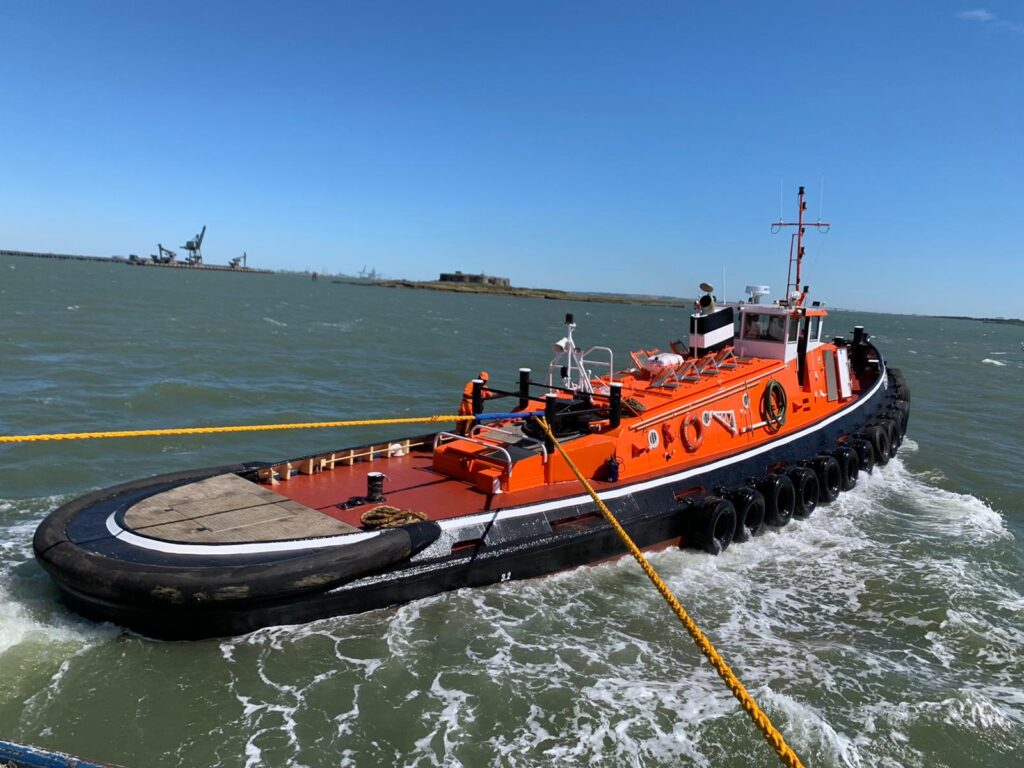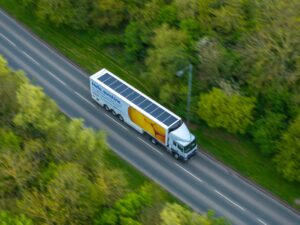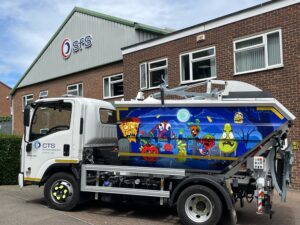Marine vehicle contractor GPS Marine has switched to the use of Green D+ biofuel for its entire Thames fleet as part of its Clean Maritime Plan, which is supported by grants from the Cross River Partnerships and the Tideway Project. Heather Eastwood reports.
GPS Marine operates 14 tugboats, 50 dumb barges, and two self-propelled tank barges. Most work exclusively on the Thames where they are engaged on contracts for the transport of construction-related goods and the supply of fuel to international shipping and other vessels on the Thames and Medway.
Since participating in the Port of London Authority’s Clean Air Strategy in early 2019, the organisation has devoted time to understanding the objectives of the DfT’s Clean Maritime Plan, as well as the UK’s commitment to Net Zero by 2050. However, GPS Marine discovered that the technology required to achieve Net Zero emissions in the maritime sector is either currently at an embryonic stage or otherwise unaffordable, unreliable, and unsupported by current port infrastructure.
Nonetheless, GPS Marine moved forward with its sustainability aims. The board was determined to understand the available options for improving environmental performance as well as trialling current technologies with a view to early adoption of the most promising and viable technologies.
‘GPS Marine’s strategy is to increase the use of the River Thames for freight transport and to use 100% sustainable fuel and exhaust treatment technologies in its vessels to improve air quality in London,’ said John Spencer, Managing Director of GPS Marine. ‘Not only does this directly reduce air pollution, but it also significantly reduces traffic congestion, road wear, and the negative effects of these factors on London’s air.’
GPS Marine examined a range of options, including trialling the retrofitting of catalytic reduction (CRT), selective catalytic reduction (SCRT), diesel particulate filters (DPF). The Cross River Partnership provided a grant to assist with installing an SCRT system on GPS Anglia. In contrast, the Tideway Project provided a grant for a CRT and DPF system to be installed in the GPS Ionia.
However, retrofitting is expensive. Including installation, the total cost of both these systems was £220,000. Retrofitting across 14 vessels would be a significant outgoing, considering that exhaust emissions from auxiliary engines would remain untreated.
GPS Marine also investigated biofuels. Two basic types can be used in diesel engines: fatty acid methyl ester (FAME) fuel, and hydrogen treated vegetable oil (HVO).
FAME is a first-generation biofuel and is currently added to diesel for road vehicles. Issues include the degradation of rubber hoses and a tendency toward oxidation and hydrolysis, as well as premature waxing. Moreover, FAME increases the NOx content of exhaust gasses. It is particularly unsuitable for marine applications as it is susceptible to microbial contamination and growth even when small quantities of free water are present in storage tanks.
HVO, on the other hand, is stable and has none of the disadvantages of FAME. It contains absolutely no sulphur and consists exclusively of linear and branched paraffin that cause fuel to burn readily and cleanly. HVO is also a drop-in replacement for gas oil and requires no modification to a vessel’s machinery.
As not all HVOs are the same, GPS Marine had to find a type suitable for marine applications. Green D+ is completely plant-derived and is a fully sustainable fuel that exclusively uses waste vegetable oil. Research by the UK Government found that HVO has a negative carbon footprint of more than 2.3 kg of CO2 per litre of fuel burned.
According to Green Bio Fuels, which supplies Green D+ to GPS Marine: ‘Green D+ is an enhancement of HVO, achieved by the inclusion of an additive system, which chemically reduces NOx in the exhaust gases while oxidising incomplete combustion products (HC, PM and CO).’
GPS Marine’s decision to use Green D+ also sets an example to other fleets on the Thames that the fuel is a viable and available alternative to marine gas oil, which is a positive step towards reducing emissions and improving air quality in London.




